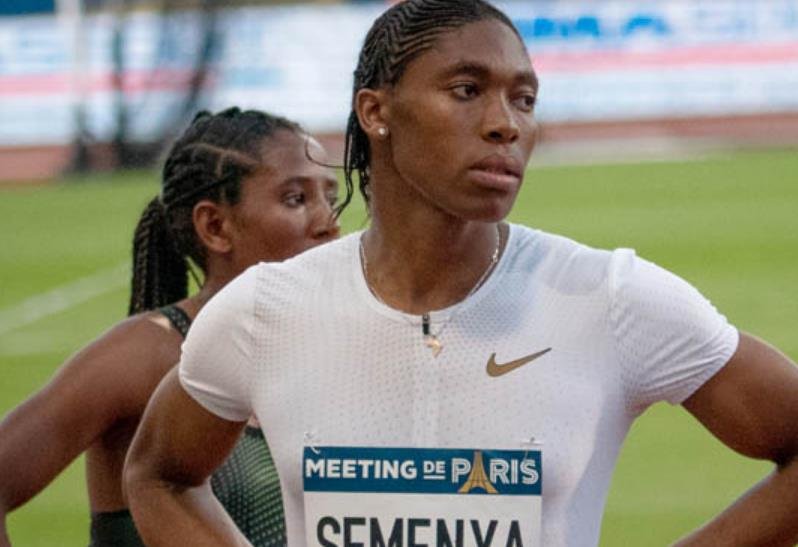The 2024 Paris Olympics will make history by becoming the first Olympic Games to achieve full gender parity. This landmark event will see an equal number of male and female athletes competing, marking a significant step towards gender equality in sports. The journey to this achievement has been long, with incremental progress made over the years. Paris 2024 will not only celebrate athletic excellence but also symbolize a commitment to inclusivity and equality on the global stage.
The journey towards gender parity in the Olympics has been a long and arduous one. It began in 1900 when women were first allowed to compete in the Games. Since then, each subsequent Olympics has seen an increase in female participation. The Tokyo 2020 Olympics were a significant milestone, with women making up 48.8% of the athletes. This progress set the stage for Paris 2024 to achieve full gender parity.

Paris 2024 will feature 329 medal events, with an equal distribution between male and female athletes. This includes 152 events for women, 157 for men, and 20 mixed-gender events. The International Olympic Committee (IOC) has worked tirelessly to ensure this balance, reflecting a broader commitment to gender equality in sports.
The impact of achieving gender parity extends beyond the athletes. It also influences media coverage, sponsorship opportunities, and the overall perception of women in sports. By ensuring equal representation, Paris 2024 aims to inspire future generations and promote a more inclusive sporting environment.
The Role of the International Olympic Committee
The IOC has played a crucial role in driving gender equality in the Olympics. Over the years, it has implemented various initiatives to increase female participation and visibility. One such initiative was the introduction of mixed-gender events, which have become a staple in recent Games. These events not only promote gender equality but also add a unique dynamic to the competition.
In addition to mixed-gender events, the IOC has also focused on ensuring equal opportunities for female athletes. This includes fair scheduling of events, equal prize money, and increased media coverage. The goal is to create an environment where female athletes can thrive and receive the recognition they deserve.
The IOC’s efforts have not gone unnoticed. The organization has received praise from athletes, coaches, and sports enthusiasts worldwide. By setting a precedent for gender equality, the IOC is paving the way for other sports organizations to follow suit.
Looking Ahead: The Future of Gender Equality in Sports
While Paris 2024 marks a significant achievement, the journey towards gender equality in sports is far from over. There are still many challenges to overcome, including addressing gender disparities in coaching, leadership, and sports administration. The progress made at the Olympics serves as a reminder of what can be achieved with dedication and commitment.
Future Olympic Games will continue to build on the foundation laid by Paris 2024. The goal is to not only maintain gender parity but also to address other aspects of inequality. This includes increasing opportunities for women in traditionally male-dominated sports and ensuring equal representation in decision-making roles.
The impact of achieving gender parity at the Olympics extends beyond the Games themselves. It sends a powerful message to the world about the importance of equality and inclusivity. By celebrating this milestone, Paris 2024 is setting a new standard for future sporting events and inspiring a generation of athletes to strive for excellence.








